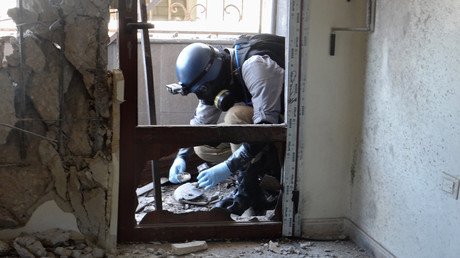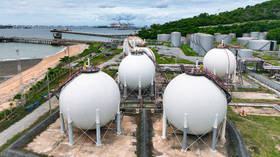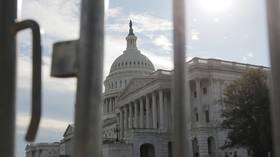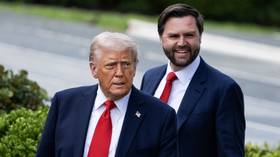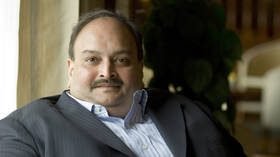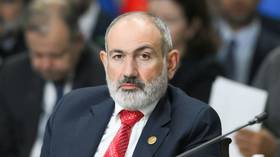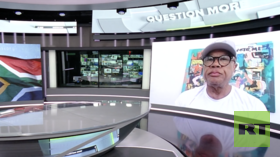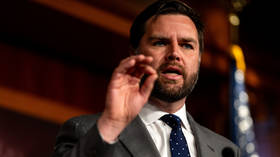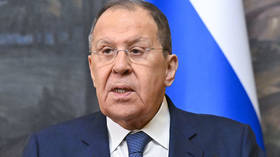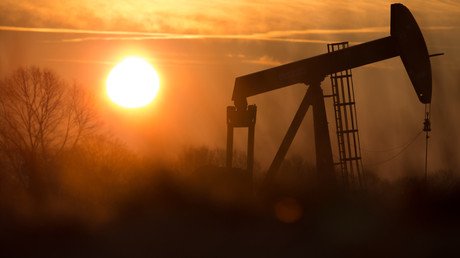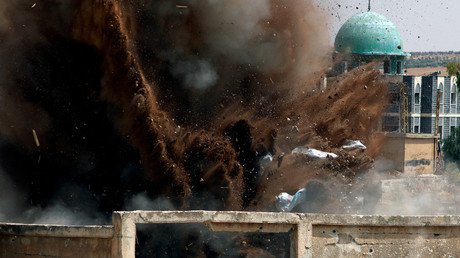Russian-drafted UN Security Council resolution backing OPCW probe into Syria chem 'attack' fails
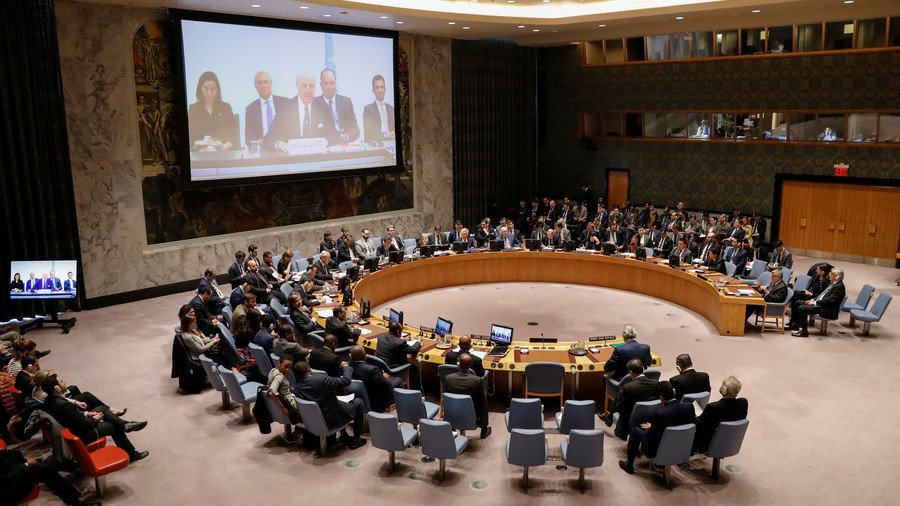
Russia has vetoed a US-sponsored resolution on the alleged chemical incident in Syria in a UN Security Council vote. Two consecutive Russian-proposed drafts then failed to get the necessary minimum votes.
The US draft was designed to fail and thus “justify” unauthorized action in Syria, Russia’s UN envoy said. “If you made a decision to carry out an illegal military endeavour, we hope that you will come to your senses. You will be responsible for it yourselves,” Russia’s envoy to the UN, Vassily Nebenzia, warned.
The US-sponsored resolution has received 12 votes in favor, two against and one abstention. As Russia used its veto right, the resolution was not adopted. The first Russian-sponsored resolution did not get the minimum nine votes needed to pass, with six votes for, seven against and two abstentions.
Russia then proposed another resolution, based on an earlier draft by Sweden, which voices support for the new OPCW probe into the Douma incident. The UNSC meeting was suspended for consultations on Sweden's request, before putting the resolution to vote. The subsequent vote garnered five votes in support of the resolution (Russia, China, Ethiopia, Kazakhstan and Bolivia), four votes against (the US, the UK, France and Poland) and six abstentions. A resolution requires at least nine votes, with no vetoes from Russia, China, the UK, France or the US, to pass.
Nebenzia said the US resolution, despite Washington claiming to take Moscow’s concerns into consideration, was effectively an attempt to resurrect the deprecated Joint Investigative Mechanism (JIM). Even if the US project was adopted, it would take months to implement, the diplomat said, adding that the draft was a “provocative step” that had “nothing to do with the desire to investigate the Douma incident.” He said it was obviously designed to fail in order to serve as a justification for unauthorized military action against Syria.
“Why do you need the attribution mechanism, if you’ve already named the perpetrators before any investigation?” Nebenzia said, referring to blatant accusations against Damascus coming from the US and its allies.
US envoy Nikki Haley claimed that the Moscow-sponsored document would breach the principle of impartiality and give Russia a tool to “choose investigators” and influence the probe by other means. During the meeting, Haley, as well other members of the UNSC, such as the UK and France, again pinned the blame for the alleged incident on Damascus, accusing Moscow of “shielding” Syria’s President Bashar Assad.
China has supported the Russian-sponsored draft resolution, stating that it would be a great improvement over the previous UN-sponsored investigative bodies for Syria. The Russian project would allow for a “robust on-site investigation, ensure procedure impartiality,” which would be able to make “credible conclusions,” China said, expressing regrets that the draft was not adopted.
Russia and the US have separately requested a vote on their draft resolutions on Douma. The alleged attack was reported on Saturday by anti-government groups, which claimed that the Syrian Army dropped a chlorine-filled munition on the area, affecting dozens of civilians. However, no solid facts on the purported incident have emerged yet.
DETAILS TO FOLLOW
